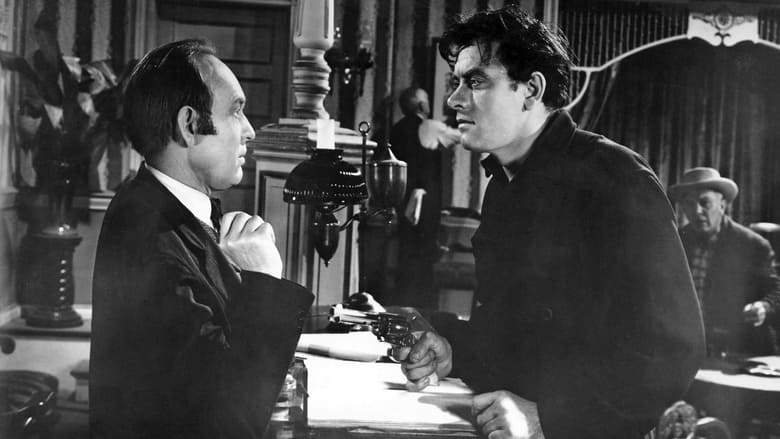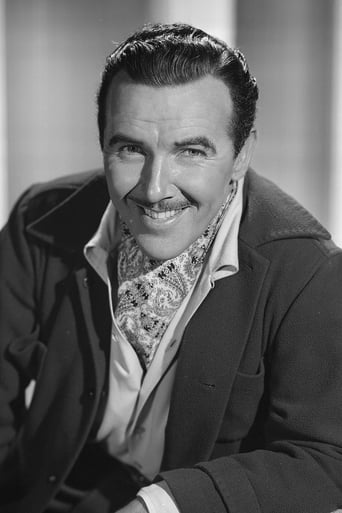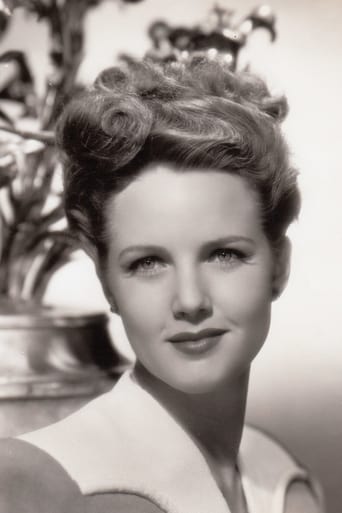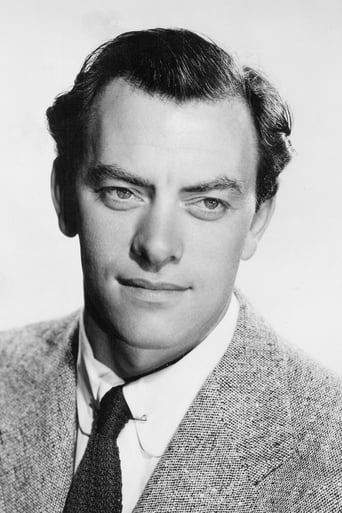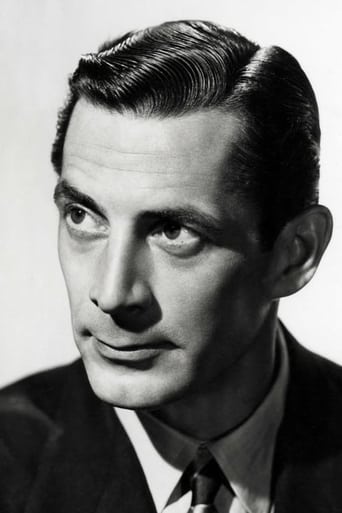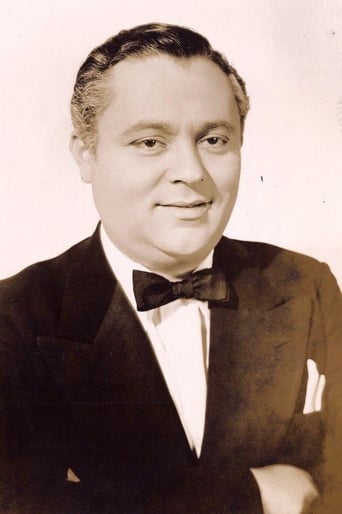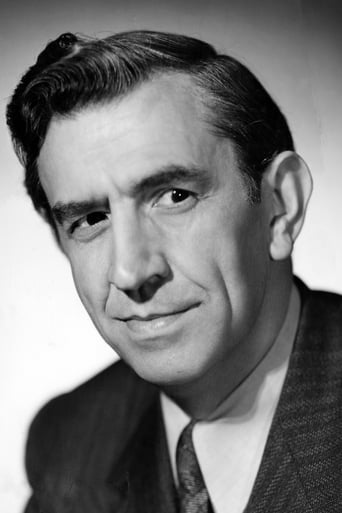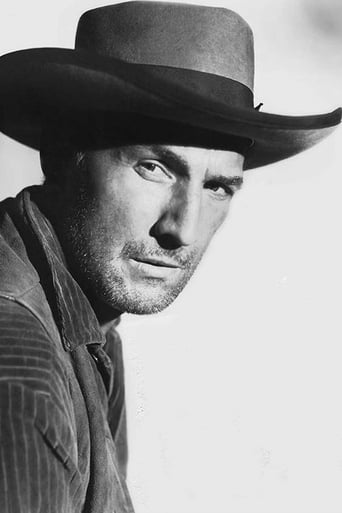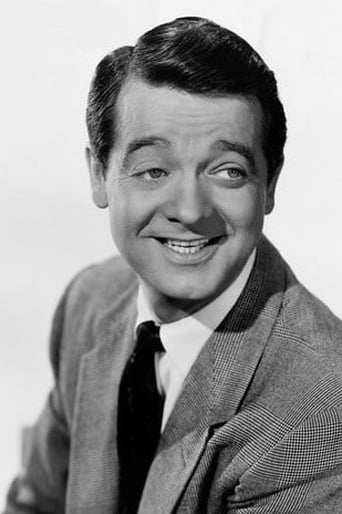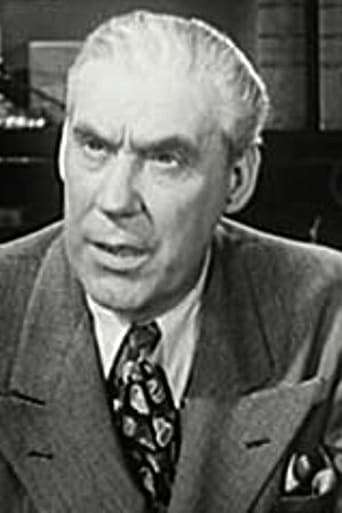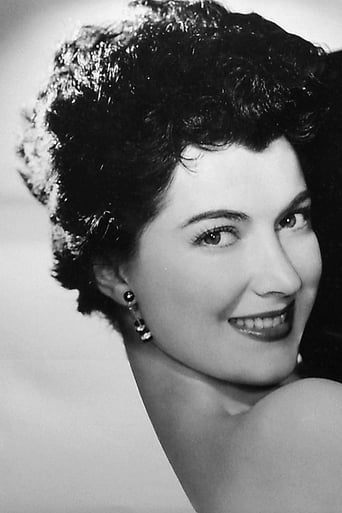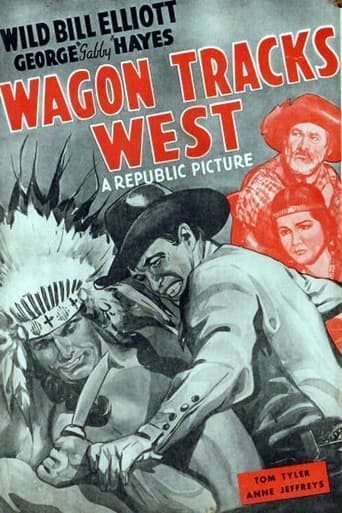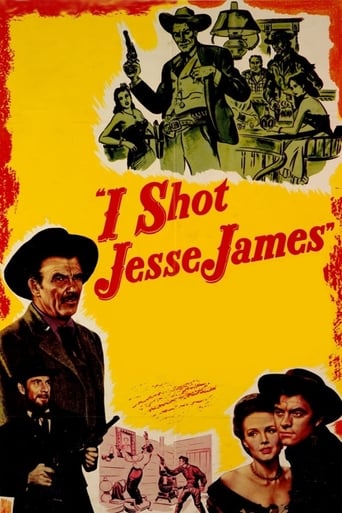
I Shot Jesse James
February. 26,1949 NRBob Ford murders his best friend Jesse James in order to obtain a pardon that will free him to marry his girlfriend Cynthy. The guilt-stricken Ford soon finds himself greeted with derision and open mockery throughout town. He travels to Colorado to try his hand at prospecting in hopes that marriage with Cynthy is still in the cards.
Similar titles
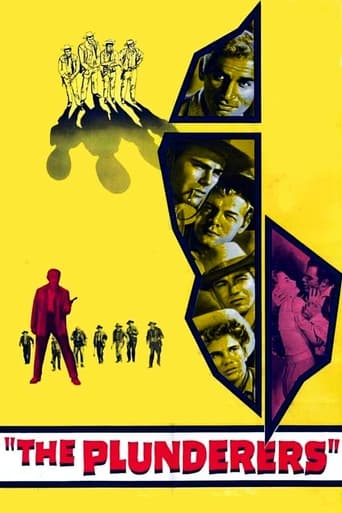
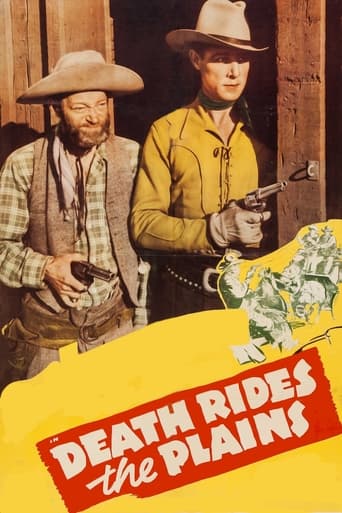
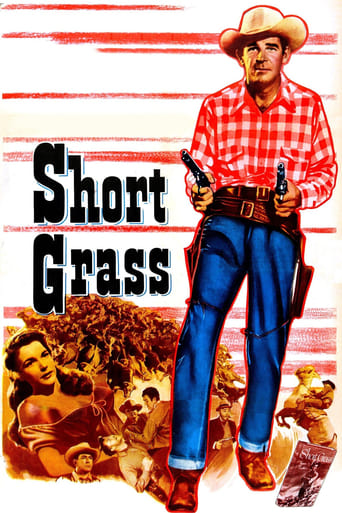
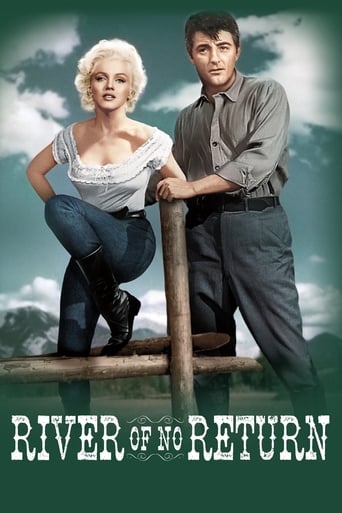
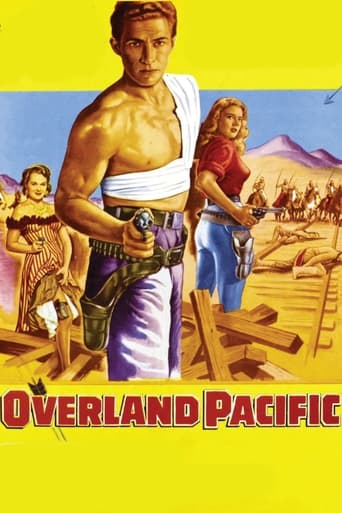
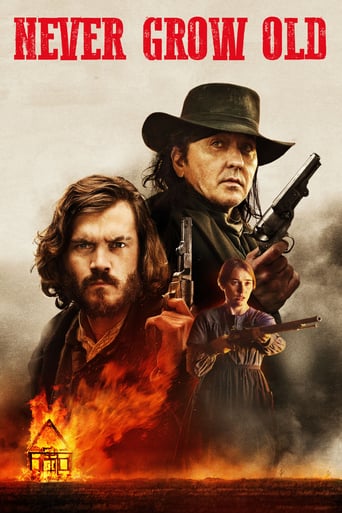
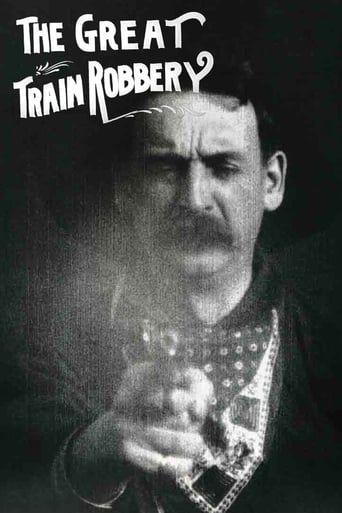
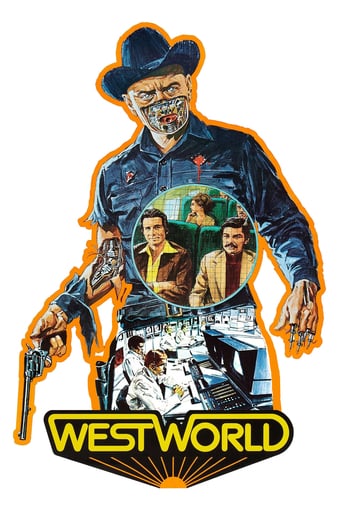
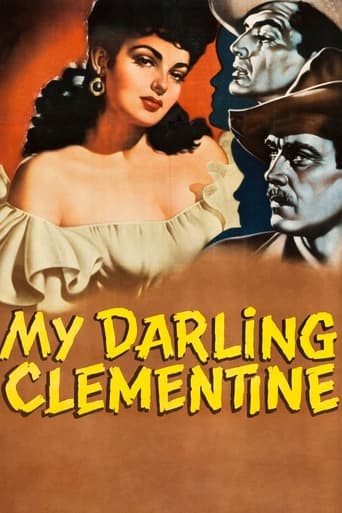
Reviews
best movie i've ever seen.
The performances transcend the film's tropes, grounding it in characters that feel more complete than this subgenre often produces.
The film makes a home in your brain and the only cure is to see it again.
The movie turns out to be a little better than the average. Starting from a romantic formula often seen in the cinema, it ends in the most predictable (and somewhat bland) way.
Producer: Carl K. Hittleman. Executive Producer: Robert L. Lippert.Copyright 11 February 1949 by Lippert Productions. U.S. release through Screen Guild: 26 February 1949. New York opening at the Palace: 1 April 1949. U.K. release through Exclusive: floating from November 1949. No Australian release. 81 minutes (cut to 72 in the U.K.).COMMENT: Sam Fuller's debut as a director certainly starts off in a promising fashion. The credit titles are superimposed on posters in a complete 360-degree tracking shot. An opening sequence deftly conveys tension by a creative use of close-ups. But after these initial teases, the movie loses its impetus, reverting in the main to the disappointingly routine. True, there is an occasionally effective composition, but the climax is abjectly weak; and a fist fight, whilst vigorously staged, is filmed entirely in long shot to allow for stand-ins - very patently contriving to always keep their backs to the camera - to slug it out! The cast is not much help. Distinctly second-rate. The "B" budget also shows up in such money-saving devices as the over-use of the Silver King Saloon set and the comparative paucity of background extras. Not to mention the excessive dialogue. In a word - unimpressive.
*Spoiler/plot- I shot Jessie James, 1949. After a bank robbery goes bad, Jesse James and a wounded Bob Ford hide out and quit for 6 months. Ford is thrilled to learn that his love, Cynthy Waters, is in town acting on stage with a traveling company. She's happy to see him but both realize that with a price on his head. They are unlikely to ever marry so their happiness is in doubt. When the Governor announces an amnesty for any criminal that brings in Jesse James, dead or alive; Ford decides to act and shoots his best friend in the back. He receives a pardon from the Governor but finds that he's become something of a pariah. Ford is being labeled both a traitor and a coward by the public. He goes off to make his fortune in mining but finds that there is nothing he can do to get Cynthy love him again with this curse of his actions. *Special Stars- John Ireland, Preston Foster, Barbara Britton. DIR: Sam Fuller.*Theme- Bad people should not be canonized as heroes.*Trivia/location/goofs- B&W. Directorial debut of Samuel Fuller. The character played by Robin Short, identified in the cast merely as "Troubadour," is obviously based on the real-life traveling musician Billy Gashade, who shortly after Jesse James' death wrote the "Ballad of Jesse James" sung by Short in the film. It's also used as a recurring theme by composer Albert Glasser. *Emotion- I enjoyed this film for it's realism and honesty. Director Samuel Fuller said that he wanted to make this picture because, unlike many filmmakers in Hollywood, he did not see the real Jesse James as a "folk hero" or someone to be admired. Fuller saw him as a cold-blooded psychopath who shot down women, children, the elderly, the helpless (his gang once stopped a Union hospital train and executed every wounded federal soldier on it) In Fuller's words, Bob Ford "did something that should have been done quite a bit earlier in the life of Jesse Woodson James". *Based On- A new more honest view of Jesse James.
a good work, interesting western, smart story. in fact, more than adaptation of an American modern history episode, it seems be adaptation of Ahasverus myth. because it is portrait of a sin committed with noble intention. and that fact is basic virtue of that drama. it does a simple movie, mixture of love and revenge, who can impress first for its deep roots. it is a a film remarkable for actors performance because the acting is , in this case,precise tool not for present a story but to discover the profound human side of characters. and that fact has a correct result and the force of seduction for large public. it is a good work. and that thing is a real admirable virtue for the manner to expose the story in inspired light. and , for that fact, the merit of John Ireland is not little.
"Whatya got to eat?" asks Bob Ford, who backshot his great friend Jesse James not too long ago. Says Joe, the bartender at the Silver King Saloon in Creede, Colorado, "Sweet corn, cornmeal mush, cornpone with cracklins and corn whiskey." "I'll have it," says Bob. Lukewarm corn, cooked ambitiously, is about all there is in Sam Fuller's debut as a director. Fuller had been writing scripts and story outlines in Hollywood for quite awhile. Finally he made a three-movie deal with a B movie producer: If I can direct the movies, and I won't charge you, I'll write the screenplays. The first of the three, I Shot Jesse James, is a potentially intriguing story of a loser, but told with a script that has little tension, directed with little flair and acted, for the most part, with a dull, steady cadence. A good deal of the dialogue and many of the actors are just competent. Still, if you're a Fuller fan, I Killed Jesse James may be worth watching. It's part of Criterion's Eclipse Series 5 - The First Films of Samuel Fuller. The set includes The Baron of Arizona and Steel Helmet. Fuller, in my view, was not one of the great directors (or screenwriters; he usually wrote his own screenplays). He wasn't one of the great craftsmen, either. What he had was a tough, knock-about personal story, a confident willingness to dance to his own music, a streak of subversiveness that could undermine the fatuousness of Hollywood, the establishment and the nervous, and enough talent to take the commonplace material and actors he often was dealt and turn at least parts of his movies into something to admire. He was the kind of Hollywood non-Hollywood director that some cineastes and film critics adore. It would take a person wearing blinders, however, not to recognize that his movies are, at best, variable. Most of them don't hold up very well unless the viewer has been first captured by Sam Fuller's iconic anti-establishment reputation. Pickup on South Street is probably his best work, with fine performances by an A-level cast, an unusual script considering it was originally intended as an anti-Commie screed, and a story that Fuller keeps moving along. The Big Red One, highly praised by many, is an effective and realistic war movie dear to Fuller's heart. But it seems (to me) to go indulgently on and on and on. For the rest of his movies, those that I've seen, there's just excellent bits and pieces mixed into a B-movie sensibility, awkward dialogue (almost any scenes involving a man and woman), and too much discursiveness. Fuller, in my opinion, needed a strong editor to work with and a strong writer with whom to collaborate. I have a feeling that Fuller would find either prospect completely unsatisfactory. Shock Corridor and The Naked Kiss, anointed by Criterion, for me aren't just pulp movies, they're almost embarrassing examples of overwrought pulp movies. This is all just opinion. Watch The Naked Kiss and see what you think.But back to I Shot Jesse James. When Bob Ford (John Ireland) puts a bullet in the back of his friend, Jesse James, Ford hopes to gain amnesty and a large reward. He'd been befriended by James and had been part of James' gang. Ford wants to marry the love of his life, the singer Cynthy Waters (Barbara Britton). He thinks he can leave the criminal life and settle down with Cynthy. Instead she rejects him. He's called a coward and a backshooter. Most people hold him in contempt. He gets only a small part of the reward. He still thinks that if only he can make money he can win Cynthy. And there's that straight talking' guy who likes Cynthy, too, a man named John Kelley (Preston Foster, top billed) who keeps showing up. There's a showdown, and that's that. John Ireland, in my view, had a lot of screen presence, but he needed a good script and strong direction to be at his best. Just watch him as Fantail in Raw Deal (1948), as Cherry Valance in Red River (1948) and as Jack Burden in All the King's Men (1949). Even in a piece of Brit noir schlock, The Glass Tomb (1955), he brings enough quality and interest to make it worth watching. Here, he's constrained by an uninspired script that gives him no opportunity to do anything but show what a sad sack loser Bob Ford is. But wait until that showdown. It only lasts a couple of minutes, but John Ireland shows what he can do.
Top Streaming Movies











